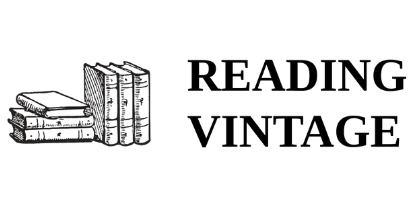-
Classic Fiction
-
Cookbooks & Recipes
- Bookish Digital Downloads
-
Browse More Books
- Vintage Bookends
- The Easton Press Leather Bound Collection
-
History Books
-
Nature Books
- Art Books for all Ages
-
How-To Books
-
Sports
-
Ephemera
- Medical
- Railroad
- E. Philips Oppenheim
- Anne Rice





